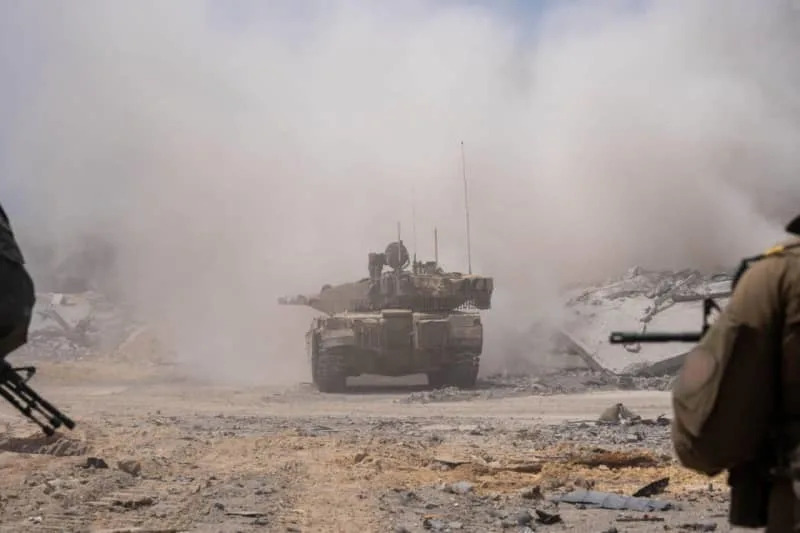Israel’s energy infrastructure may be critically unprepared for wartime disruptions, according to a recent study led by Dr. Erez Cohen from the Department of Middle Eastern Studies and Political Science at Ariel University. The research highlights significant vulnerabilities in the country’s electricity sector, primarily stemming from an overreliance on natural gas, limited storage capacity, and excessive centralization. These factors could lead to power outages in essential locations during emergencies.
The study, published in the journal Energy Sources, Part B: Economics, Planning, and Policy, examines Israel’s energy resilience through a quantitative analysis of production and consumption data, as well as a qualitative review of policies from 2018 to 2024. Utilizing the most recent conflict in Gaza as a case study, Cohen’s findings indicate that the nation is ill-equipped for prolonged disruptions in electricity supply.
Four Major Weaknesses in Israel’s Energy Sector
Cohen identifies four critical weaknesses afflicting Israel’s energy system:
1. **Overdependence on Natural Gas**: Approximately 70% of Israel’s electricity is generated from natural gas sourced from the Tamar and Leviathan gas fields. This reliance poses a risk as there are no backup reserves. Cohen warns that this dependency makes the system particularly susceptible to missile strikes, terrorism, or cyberattacks.
2. **Supply-Demand Gap**: The State Comptroller’s 2024 report has cautioned that Israel might face a natural gas shortage for electricity generation by 2026, which could lead to economic losses amounting to hundreds of millions of shekels.
3. **Lack of Storage Capacity**: Despite achieving approximately 12% of its electricity generation from renewable sources, Israel lacks adequate storage systems to maintain supply continuity during crises. This gap threatens to hinder the effectiveness of renewable energy in emergencies.
4. **High Centralization**: Israel’s national grid is highly centralized, meaning that damage to a single major power station or gas platform could result in widespread outages across the country. Cohen depicts a dire scenario where essential services, including power, water, and healthcare facilities, could be left without energy in an emergency situation.
Cohen noted, “In the Gaza war, we saw how our dependence on natural gas made us vulnerable. Any malfunction or hit on a central facility could paralyze the entire economy at a critical moment.”
Urgent Call for Action
To address these vulnerabilities, Cohen emphasizes the need for decisive government intervention. He advocates for a transition away from a centralized energy system reliant on a few offshore gas platforms. Instead, he urges the development of a more decentralized and flexible energy model.
Cohen suggests implementing local microgrids that ensure critical areas, such as hospitals and water facilities, can continue to operate even if the national grid fails. He stated, “We need local microgrids that will allow critical areas… to keep operating even if the national grid collapses.”
Furthermore, he insists that Israel must prioritize investment in energy storage, framing it as essential for national security rather than an environmental luxury. “Without storage capacity, even renewable energy won’t save us in a moment of crisis,” he asserted.
In addition to physical decentralization, Cohen advocates for the establishment of a comprehensive digital and security defense network. This would involve creating a joint emergency coordination unit that includes the defense establishment, the Energy Ministry, and the Cyber Authority to manage the electricity sector in real time during crises.
Cohen concludes, “We tend to think of electricity as a consumer product, but in reality, it’s a strategic weapon. And if we don’t ensure backup, storage, and decentralization, we may find ourselves in the dark, precisely when we need the light the most.”
As Israel navigates its complex security landscape, addressing these energy vulnerabilities will be crucial for maintaining operational stability and safeguarding essential services during times of conflict.







